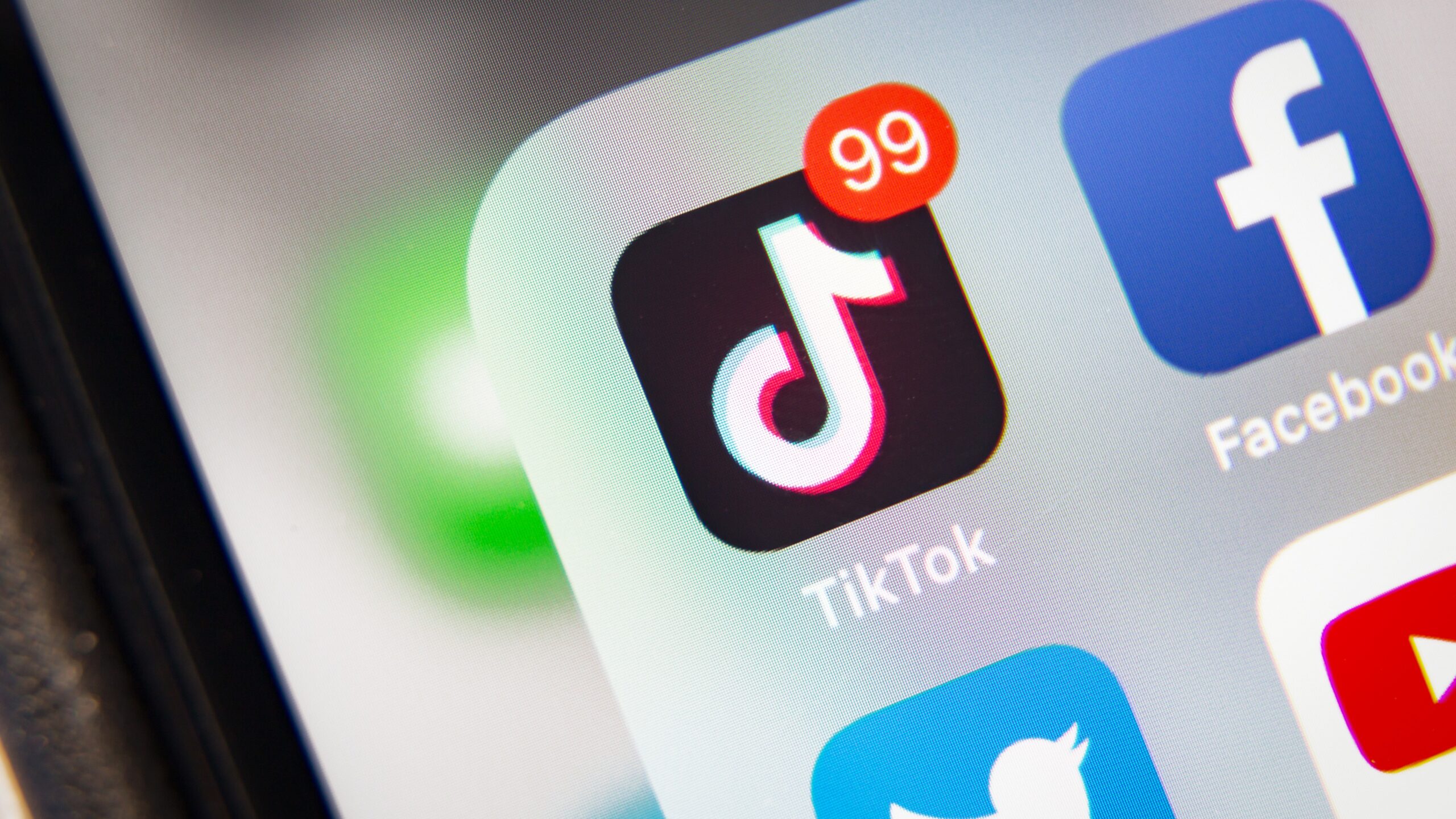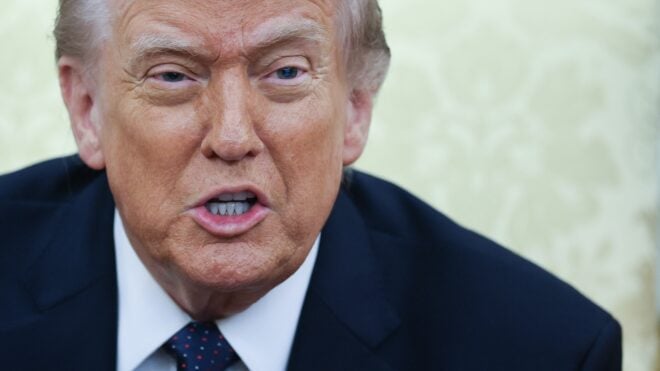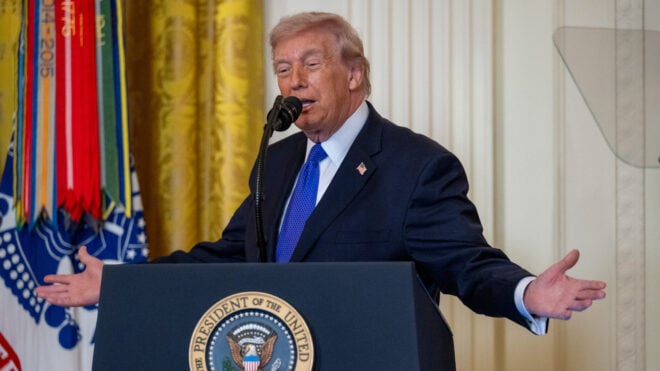
In the ever-evolving landscape of social media, there’s a curious linguistic phenomenon taking the digital world by storm: "TikTalk." Inspired by the distinctive speech patterns of celebrities like Kim Kardashian, Britney Spears, and Ariana Grande, this peculiar accent has found its way into the lexicon of Gen Z and millennial social media mavens, signaling a potential shift in the future of language.
Defined by linguistic specialists as a blend of “uptalk” and “vocal fry,” TikTalk has emerged as a novel way for influencers to communicate with their online audiences. According to University of Warwick linguistics professor Christopher Strelluf, TikTalk represents a fusion of rising intonation in declarative sentences and a low, gravelly quality added to vowels — features already prevalent in everyday speech.
But what drives the adoption of TikTalk? Strelluf suggests that it serves as both a floor-holding and politeness strategy, allowing speakers to signal their intent and soften the delivery of potentially sensitive information. This linguistic innovation, initially observed on platforms like TikTok, has the potential to reshape the future of English, with Strelluf predicting that young women will lead the charge.
Chatty trendsetters from diverse niches have confessed to adopting the influencer accent in their online content. Some, like New York City vlogger Kara Knight, acknowledge its unnaturalness but find it difficult to resist given its prevalence in online discourse. Others, like California creator Julia Huynh, view TikTalk as a practical tool for organizing thoughts and communicating effectively in front of the camera.
Despite its polarizing nature, Strelluf emphasizes that TikTalk represents an evolution in language driven by innovation and embraced by young women — a force to be reckoned with. He argues that TikTok, far from being the cause of this linguistic shift, is merely a reflection of broader societal changes.
More from LittleThings: These Celeb Kids Look Exactly Like Their Famous Parents When They Were The Same Age
In the end, whether TikTalk is a passing trend or a harbinger of linguistic evolution remains to be seen. But one thing is clear: in the fast-paced world of social media, language is a dynamic and ever-changing entity, constantly adapting to reflect the voices of its users.
To view the whole story, click the video!




